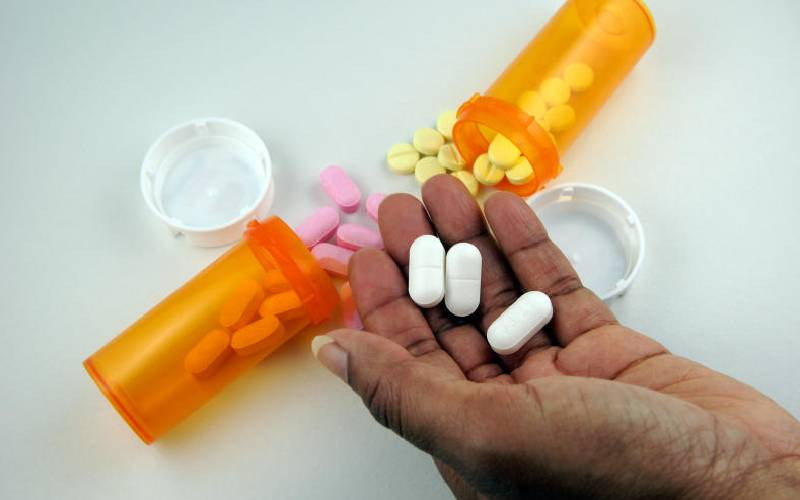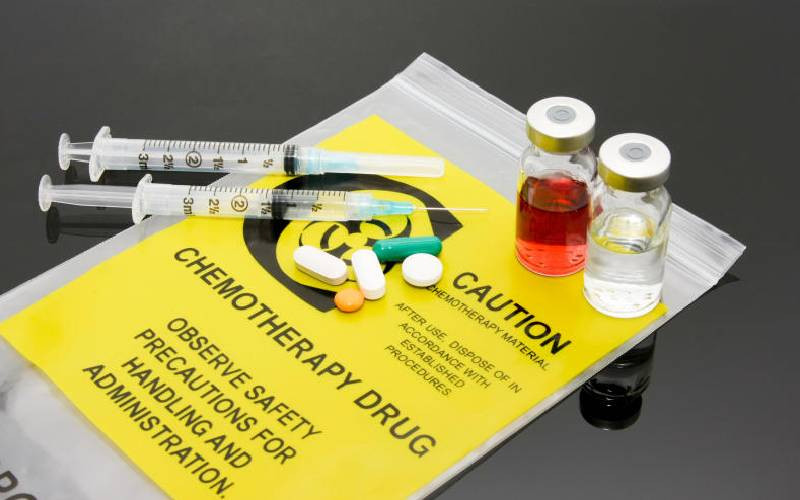A 2013 American study found that adults over 40 with chronic conditions scored a C+ when it came to taking their medications properly - with one in seven of these people were given Grade F. According to the Food and Drug Administration (FDA), medication errors cause at least one death every day and injure 1.3 million people annually.
While there are no corresponding studies and statistics in Kenya, we can safely assume that our situation is dire. This is due to challenges in our healthcare system such as language barrier, low literacy levels of patients, and poor access to qualified healthcare professionals.
Here are some of the most common medication mistakes you should avoid:
1. Not getting clear instructions
Most errors with medication can be avoided by listening to the doctor and the pharmacist’s instructions. Don’t be shy about asking your doctor what each medication is for and how it works. Similarly, have a chat with the pharmacist and ask them any questions you have about the medication. What does it treat? Does it have side effects you should know about? Can you drink alcohol when still taking the drugs? Can you take it while pregnant or breastfeeding? How does it interact with other drugs/supplements you’re taking?
2. Not finishing the dose
Even if your symptoms seem to have cleared up, it doesn’t mean you’re completely healed. The dose strength and duration is usually determined through scientific experiments. For instance, it takes certain duration of exposure to a specific dose of an antibiotic or antiviral drug to totally eliminate the pathogen.
Therefore, if you don’t take the full dose, some pathogens can survive and multiply, causing the infection to recur. Additionally, not taking the full dose can also cause the virus or bacteria to develop resistance to the drug, making the infection even harder to treat.
3. Mixing drugs with certain foods and drinks
What you eat or drink matters when you are on medication. There are certain foods which can affect the way a drug is absorbed and extend or rate it is absorbed into your bloodstream.
For example, there are some drugs which shouldn’t be taken with calcium-rich foods. This is because the calcium can interfere with how the drug is absorbed in your body. This is why doctors recommend that you avoid milk and yoghurt when taking drugs such as tetracycline, doxycycline, and ciprofloxacin.
Drinking while on medication is also a big no-no. Alcohol can affect the way your body metabolises drugs. This can lead to experiencing more side effects such as nausea, vomiting, sedation, unconsciousness, and even death. Check with your doctor regarding which foods to avoid when taking any medication.
4. Poor storage of medication
Other than “keep out of children’s reach”, there are other rules to remember when it comes to storing your drugs. If you keep all your medication in the medicine cabinet in the bathroom, that has to change. Fluctuating temperatures and humidity levels in the bathroom can degrade your medications. The best way to store most ications is in a dry, dark place which is neither too hot nor too cold. Certain drugs such as insulin might also need to be refrigerated.
5. Disposal of prescription drugs
What do you do with medications that you no longer need? You could ask your local pharmacist if they can buy them back from you. When it comes to throwing away expired medication, put it in a plastic bag with spoiled food – this will discourage children from eating them. Don’t flush medication down the toilet or sink. Some kinds of medications (such as cardiac, seizure, or hormonal drugs) can be harmful to the environment.
 The Standard Group Plc is a multi-media organization with investments in media
platforms spanning newspaper print
operations, television, radio broadcasting, digital and online services. The
Standard Group is recognized as a
leading multi-media house in Kenya with a key influence in matters of national
and international interest.
The Standard Group Plc is a multi-media organization with investments in media
platforms spanning newspaper print
operations, television, radio broadcasting, digital and online services. The
Standard Group is recognized as a
leading multi-media house in Kenya with a key influence in matters of national
and international interest.











